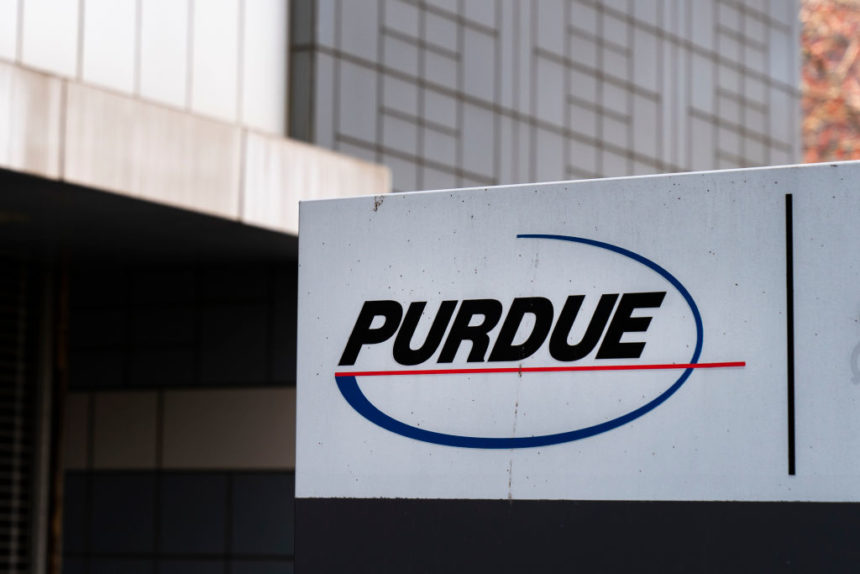In an unexpected twist, a federal judge has quashed a controversial bankruptcy plan for Purdue Pharma on the grounds that a bankruptcy judge did not have authority to release Sackler family members from future civil liability.
The OxyContin maker said Friday that it will appeal the ruling, which honed in on a key provision shielding the company’s owners from culpability in separate lawsuits for their role in marketing the powerful painkiller.
“The great unsettled question in this case is whether the Bankruptcy Court — or any court — is statutorily authorized to grant such releases,” U.S. district judge Colleen McMahon wrote in her Thursday opinion. Her answer: Such power lies beyond the bankruptcy code.
It’s a win for the 20 or so stakeholders who had been working to overturn the settlement, including a handful of state attorneys general and an arm of the U.S. Justice Department.
Attorneys general in Connecticut, Washington state and elsewhere want to roll back the settlement so that they can keep going after Purdue’s owners, members of the wealthy Sackler family, for their role in the opioid crisis. They had criticized the broad immunity granted to the clan as part of the bankruptcy deal, as had families who lost loved ones to the opioid epidemic.
Approved by a judge in September, the settlement called for dissolving Purdue and transforming the company into a public trust dedicated to combating the ill effects of opioids. The family would exit the opioid business by selling their pharmaceutical holdings, paying $4.325 billion in cash and relinquishing control of family foundations worth $175 million. All funds were to be channeled into addiction treatment.
“The decision will delay — and perhaps end — the ability of creditors, communities and individuals to receive about $4 billion that Purdue was planning to pay to abate the opioid crisis,” said Purdue’s Steve Miller, chairman of its board of directors. The company will likely appeal the ruling to a higher court.
In her opinion, Judge McMahon acknowledged as much. Invalidating the release “will almost certainly lead to the undoing of a carefully crafted plan that would bring about many wonderful things, including especially the funding of desperately needed programs to counter opioid addiction,” she wrote.
Indeed, it was a settlement that some 95% of creditors and 80% of states had approved. But the family members didn’t file for bankruptcy protection, as the company itself did. That fact proved crucial in the judge’s decision to toss out the reorganization plan.
“This is a seismic victory for justice and accountability that will re-open the deeply flawed Purdue bankruptcy and force the Sackler family to confront the pain and devastation they have caused,” said Connecticut AG William Tong.
In another statement hailing Judge McMahon’s ruling, Attorney General Merrick Garland added, “The bankruptcy court did not have the authority to deprive victims of the opioid crisis of their right to sue the Sackler family.”
In her 142-page opinion, Judge McMahon noted how the Sacklers funneled some $10.4 billion out of the company between 2008 and 2017 into offshore companies and hard-to-reach trusts.
She also recalled how evidence that surfaced in earlier litigation revealed the involvement of certain members of the Sackler family in Purdue’s aggressive efforts to boost opioid sales. That involvement included setting and pushing sales targets for OxyContin, accompanying sales representatives on “ride along” visits to healthcare providers and overseeing sales and marketing budgets. Based on that evidence, several family members were named as defendants in state cases pending against the drugmaker.
The Sacklers have said they acted ethically and lawfully during their tenure on Purdue’s board — although a former director of the company, David Sackler, did admit a “moral responsibility” for the crisis.
In October 2019, the company pleaded guilty to criminal charges stemming from its marketing of opioids, reaching an $8.3 billion settlement with the Justice Department.







